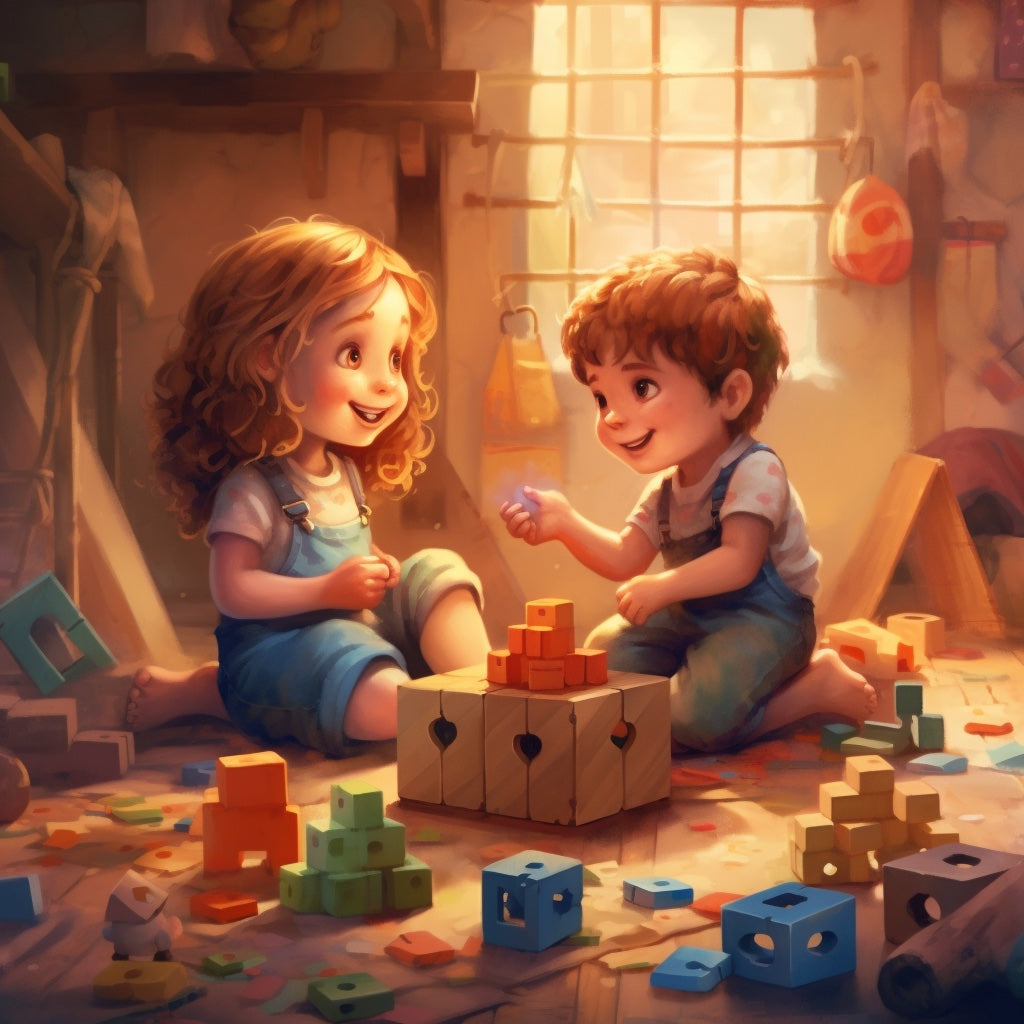The Power Of Play How Playtime Shapes Child Development Teaching

The Power Of Play How Playtime Shapes Child Development Teaching The power of play in early childhood the following is provided by the texas a&m institute for early childhood development & education play is how young children make sense of the world. whether with dolls, blocks, trains, or playdough, children use play to explore, experiment, and learn. Play is not just a way for children to pass the time – it is a powerful tool that shapes their development in profound ways. from fostering creativity and imagination to enhancing cognitive, social, and emotional skills, playtime is crucial for a child’s holistic growth.

The Power Of Play How Playtime Shapes Child Development Teaching Through play, children explore their emotions, forge meaningful relationships, and learn the skills they need to navigate life’s challenges. let’s delve into the transformative power of play, highlighting why it is crucial for your child’s development. Play supports their thinking, creativity, emotional health, and relationships with others. each play stage offers something unique. solitary play promotes independence. parallel play helps children notice those around them. cooperative play teaches teamwork and communication. Through play, children explore their environment, develop critical thinking skills, and foster social connections. this article delves into the transformative power of play based learning, highlighting its essential role in nurturing creativity, problem solving abilities, and emotional intelligence. Play encompasses stimulation, novelty, and fun—irresistible qualities that naturally bring children into connection with adults. child development experts caution against dismissing play.

The Power Of Play How Playtime Enhances Child Development Happi Bebe Through play, children explore their environment, develop critical thinking skills, and foster social connections. this article delves into the transformative power of play based learning, highlighting its essential role in nurturing creativity, problem solving abilities, and emotional intelligence. Play encompasses stimulation, novelty, and fun—irresistible qualities that naturally bring children into connection with adults. child development experts caution against dismissing play. Play builds the brain and the body. play has been shown to support brain structure and functioning, facilitating synapse connection and improving brain plasticity. play is also critical to safe, stable, and nurturing relationships, supporting developmental milestones, and mental health. In the hustle of daily life, shared playtime between parents and children is more than just fun—it’s a powerful developmental tool. play becomes a medium through which trust, communication, emotional bonding, and cognitive growth are all nurtured. Playtime is not just about fun and games; it plays a crucial role in shaping a child’s cognitive and emotional development. children are naturally inclined to explore and interact with the world around them by birth. Play is often considered the work of childhood, but its significance extends far beyond simple fun. in fact, playtime is a vital component of early childhood development, offering children opportunities to learn, grow, and explore the world around them in ways that no formal lessons can replicate.

The Power Of Play Why Playtime Is Essential For Child Development Play builds the brain and the body. play has been shown to support brain structure and functioning, facilitating synapse connection and improving brain plasticity. play is also critical to safe, stable, and nurturing relationships, supporting developmental milestones, and mental health. In the hustle of daily life, shared playtime between parents and children is more than just fun—it’s a powerful developmental tool. play becomes a medium through which trust, communication, emotional bonding, and cognitive growth are all nurtured. Playtime is not just about fun and games; it plays a crucial role in shaping a child’s cognitive and emotional development. children are naturally inclined to explore and interact with the world around them by birth. Play is often considered the work of childhood, but its significance extends far beyond simple fun. in fact, playtime is a vital component of early childhood development, offering children opportunities to learn, grow, and explore the world around them in ways that no formal lessons can replicate.

The Power Of Play How Playtime Shapes Children S Cognitive And Playtime is not just about fun and games; it plays a crucial role in shaping a child’s cognitive and emotional development. children are naturally inclined to explore and interact with the world around them by birth. Play is often considered the work of childhood, but its significance extends far beyond simple fun. in fact, playtime is a vital component of early childhood development, offering children opportunities to learn, grow, and explore the world around them in ways that no formal lessons can replicate.

The Power Of Play How Playtime Shapes Children S Cognitive And
Comments are closed.